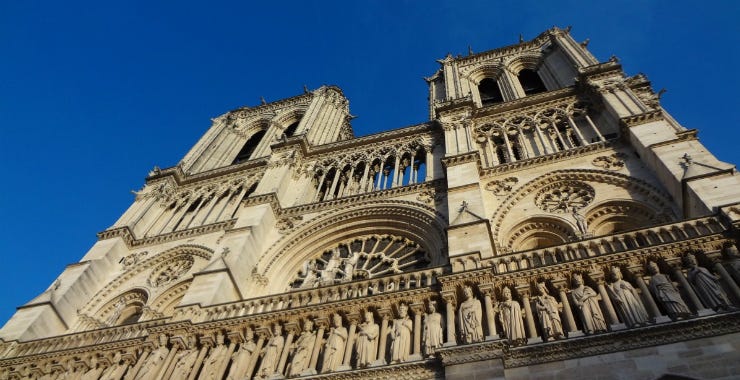Adult baptisms ‘boom’ in France and Belgium
New figures show the number of adults seeking baptism in the Church in France and Belgium continues to rise rapidly
The number of adults seeking baptism in the Catholic Church in France and Belgium continues to rise rapidly, according to new figures released in Holy Week, making for a surprise bit of Easter good news.
The number of adult baptisms in France has increased by 30%, from 5,463 in 2023 to 7,135 in 2024, the French bishops’ confer…

